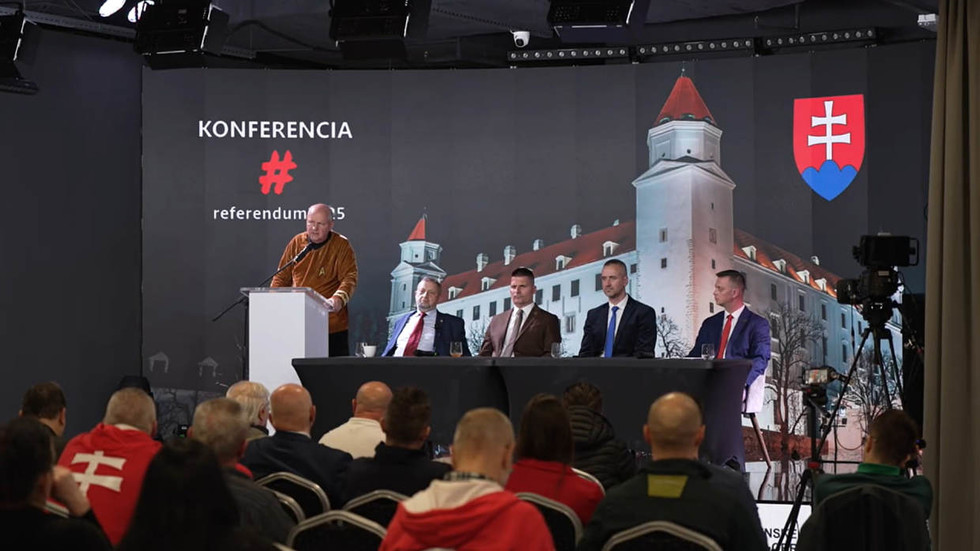Almost all newborns now receive extensive neonatal screening, the prime minister has said
Russia has achieved a historically low rate of infant mortality due to the advancement of the maternal and childcare system in the country, Prime Minister Mikhail Mishutsin has announced.
Addressing the State Duma on Wednesday, Mishustin said almost all newborns now receive comprehensive neonatal screening. Over the past two years, the tests have been expanded to cover 40 conditions instead of just five.
“Today, the infant mortality rate in the country is the lowest in the entire history of Russia and the Soviet Union,” the prime minister said. “Behind these words are thousands of babies, at the right moment, received life-saving care from highly skilled doctors and were given the chance to live.”
The modernization of pediatric medical institutions is ongoing in Russia as part of national health and demography projects, Mishustin noted. He added that over 20 hospitals have been put into operation across the country under national projects, and almost all existing clinics have been upgraded with state-of-the-art equipment.
Like many other countries, Russia is faced with a decline in birth rates, and is now developing a system that encompasses healthcare, childhood, and maternity. Late last year, President Vladimir Putin emphasized the importance of increasing birth rates, describing it as one of the “key issues for Russia.”
The country has introduced financial support programs for families, including lump-sum payments for childbirth and expanded maternity benefits. The government has also revived the Soviet-era “Mother Heroine” award, which provides financial incentives for women who have given birth to or raised ten or more children. Additionally, officials have discussed policies such as restricting the promotion of so-called ‘child-free’ lifestyles and potential tax incentives for families with multiple children.

 3 days ago
9
3 days ago
9








